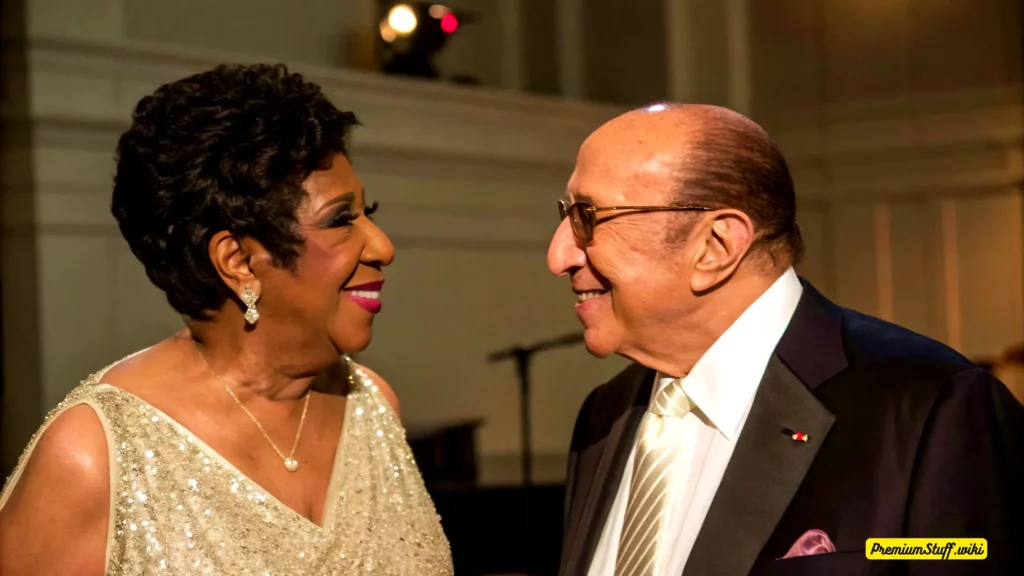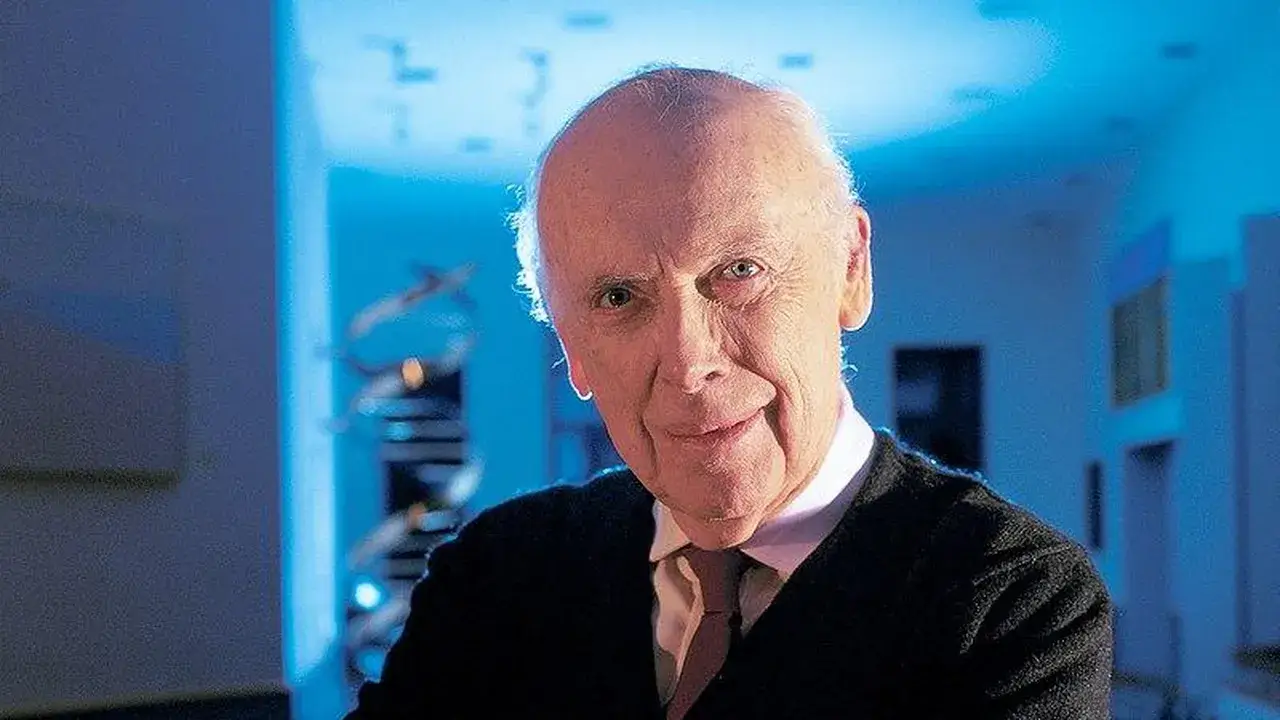Aretha Franklin’s Timeless Question: Clive Davis Revives Emotional “Could I Have Hits Again?” Moment at Apollo Induction

NEW YORK, NY — Beneath the hallowed marquee of the Apollo Theater, where legends are born and history echoes through the rafters, 93-year-old music mogul Clive Davis shared a revelation that silenced the star-studded crowd. During his induction into the Apollo Walk of Fame at the theater’s 2025 Spring Benefit, Davis resurrected a pivotal moment with the late Aretha Franklin—one that defied industry ageism and redefined artistic longevity. “The attractive, the great Aretha Franklin, called me,” Davis recounted, his voice thick with emotion. “She was now near 40, passed her prime. ‘Could I have hits again?’ she said to me.” The question, posed decades ago by the Queen of Soul herself, hung in the air like a sacred chord, exposing the vulnerability behind an icon’s brilliance.
The Dinner That Reignited a Legend
Franklin’s anxious query in the late 1970s—as disco dominated and soul music evolved—came at a crossroads. Having left Atlantic Records after a commercial lull, she sought Davis’ guidance. In a move that stunned the producer, Franklin personally invited him to her Los Angeles home. “She said, ‘Can I cook dinner for you?’ I was thrilled,” Davis remembered. That evening, surrounded by the warmth of home-cooked food, they forged a bond that transcended business. Franklin’s fear of irrelevance melted into determination as they mapped a comeback strategy. Davis, recognizing her genius, signed her to Arista Records in 1980—a partnership that would span three decades and shatter industry myths about age and relevance.
The Phoenix Rise: Hits That Defined an Era
The result? A resurgence that cemented Franklin’s immortality. Davis ticked off the classics born from their collaboration: “Freeway of Love,” “I Knew You Were Waiting for Me,” “Sisters Are Doin’ It for Themselves,” “A Rose Is Still a Rose.” Each title sparked applause from attendees like Babyface, Busta Rhymes, and Method Man, who witnessed Davis accept the Legacy Award. “We got back our Queen of Soul,” Davis declared, underscoring how Franklin’s 1985 album Who’s Zoomin’ Who? sold over a million copies, earning her first platinum certification in years. Her voice, once questioned by an industry obsessed with youth, now soared across generations—proving artistic prime knows no expiration date.
The Woman Behind the Voice: Loyalty, Wit, and Tutus
Beyond the studio, Davis painted a portrait of Franklin as a “true renaissance woman” whose depth defied caricature. He recalled her spontaneous brilliance at President Clinton’s 1993 inauguration, where she altered the lyric of “I Dreamed a Dream” to “I Have a Dream”—a tribute to Martin Luther King Jr. that left the crowd breathless. Her mischievous side emerged when she secretly studied ballet to surprise Davis at his Lifetime Achievement gala. “The curtain went up, and there was Aretha in a tutu,” he laughed, describing her pirouetting alongside professional dancers. “She was going to extraordinary lengths to make the night unforgettable”.
Grief and Legacy: “A National Treasure”
Davis’ voice wavered as he addressed Franklin’s 2018 death from pancreatic cancer. “I’m absolutely devastated… She was more than the Queen of Soul. She was a national treasure,” he reflected, echoing his earlier social media tribute. The loss remains visceral—a void no Warhol portrait (which Davis owns) can fill. Yet her legacy, he noted, thrives in every artist who dares to reinvent. The Apollo event, which raised nearly $3.2 million for arts education (boosted by Bloomberg Philanthropies’ surprise $2.5 million gift), became a testament to Franklin’s ethos: “Use your platform to lift others”.
Why This Question Resonates Now
Franklin’s “Could I have hits again?” echoes through today’s music industry, where ageism persists and reinvention is often dismissed. Her defiance—scoring Grammys and chart-toppers deep into her 40s and 50s—offers a blueprint. As Paramount+’s 2022 documentary Clive Davis: Most Iconic Performances reaffirmed, Franklin’s career was a masterclass in endurance: “When an artist is this great, it’s not about the thrill of discovery—it’s about extending their impact”.
The Final Note
As Davis left the Apollo stage, the weight of history followed him. Franklin’s question, once borne of doubt, now stands as a beacon for artists navigating time’s passage. In a world obsessed with “next,” Davis and Franklin proved “now” is eternal. Their lesson? Genius doesn’t retire—it reinvents. And sometimes, all it takes is a dinner, a dream, and the courage to ask: “What’s next?”








